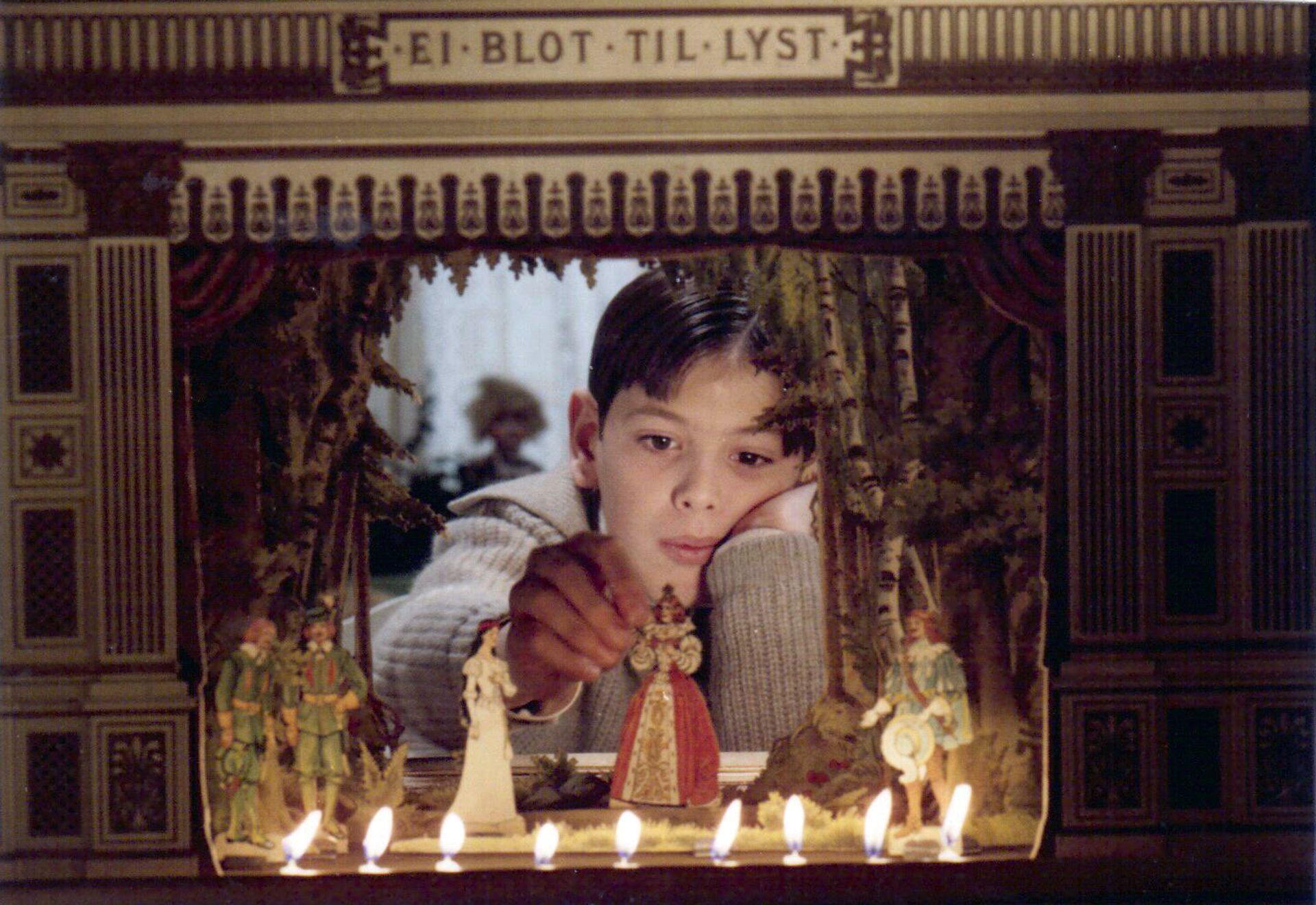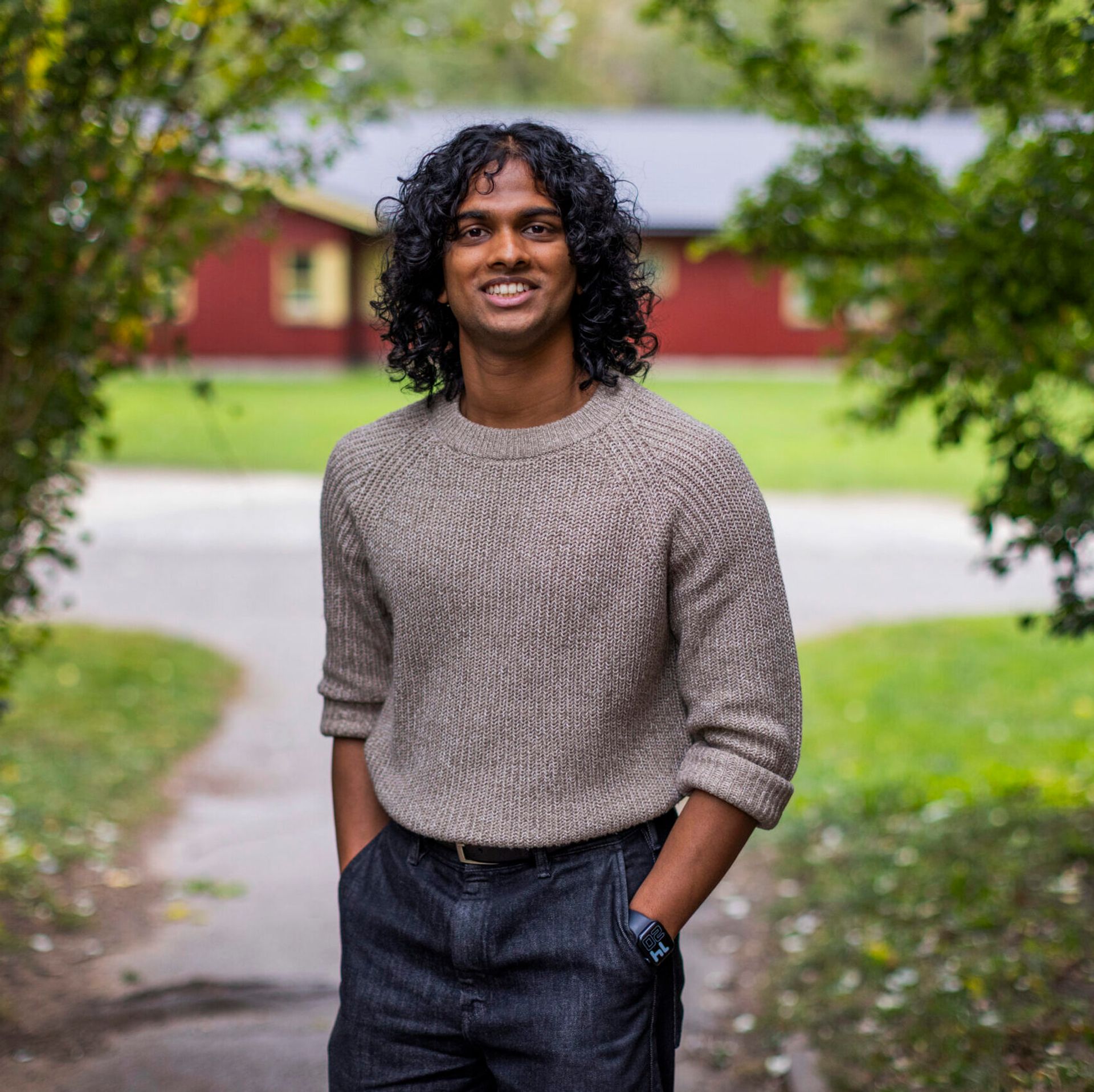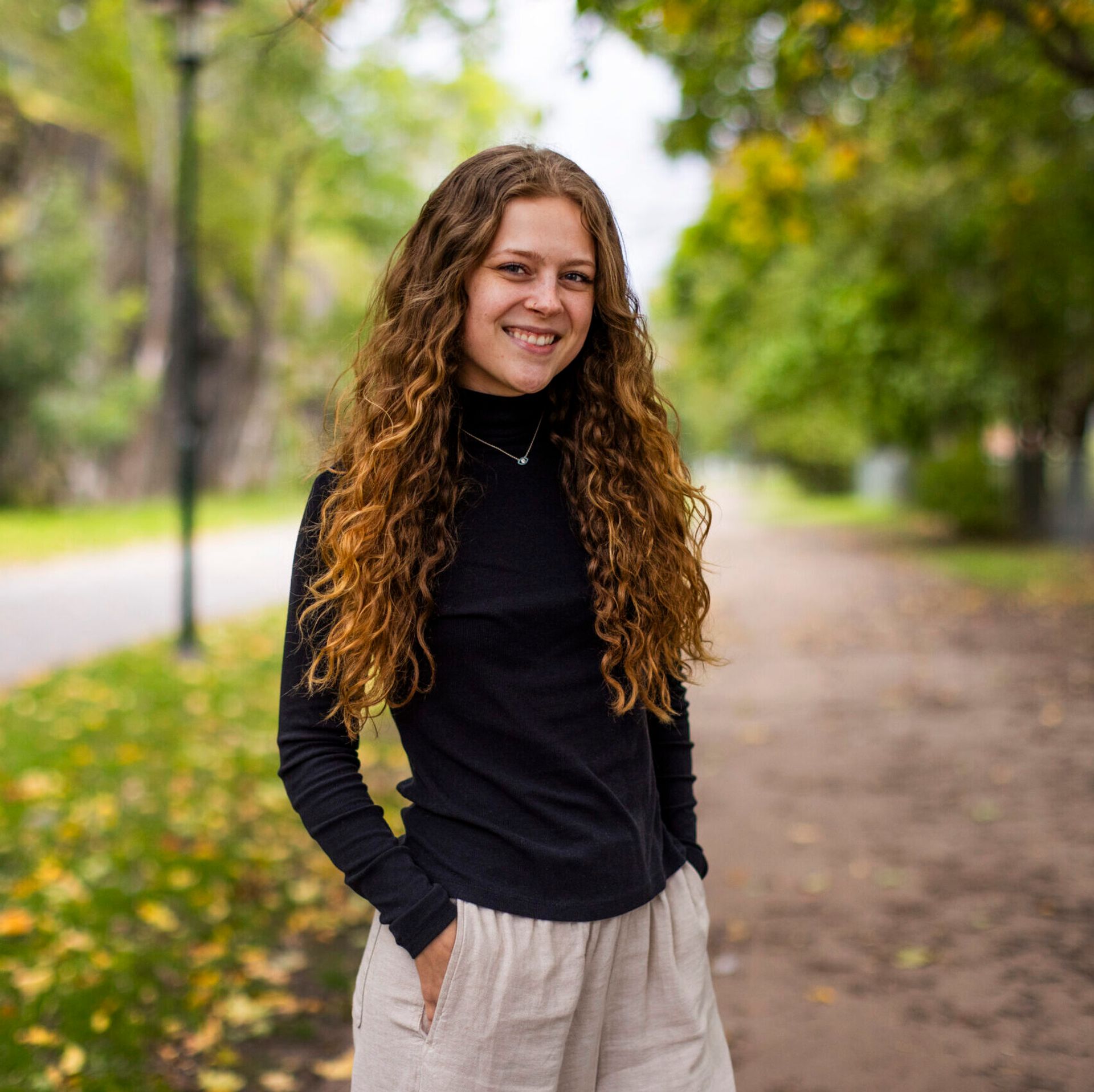
Written by Andaç Baran
26 Feb 2017
This week, everybody will talk about the academy awards. Most of the questions we will hear during the week will be like these: Which movies have gotten the Oscars? Which director has been named as the best? Which actors/actresses have walk through the red carpet? That’s why I wanted to share my all time favorite the Oscar Prize winner: Fanny and Alexander. The movie has been named as one of the best of Swedish cinema, earning 4 Oscars and 15 other international awards. For me, it is one of the best movies of the human history, so I wanted to give you an option to watch a real Oscar movie, when other are talking about today’s Oscar nominations.
Fanny and Alexander can be interpreted as the latest masterpiece of Ingmar Bergman’s filmography. The 1980s and 1990s were mostly dominated by Bergman’s projects for television after his unbelievable rise during 1970s and unforgettable pieces (Cries and Whispers, Scenes from a Marriage, Face to Face, Autumn Sonata etc …). Initially, Fanny and Alexander was also a 312 minutes-project for the Swedish television, later they decided to go for cinema, making one of the historical productions of Sweden. The movie had a special structure that we could see at the beginning of all the most splendid films of Bergman, mostly named as “Bergman Style”.
During the movie, Bergman is constantly using theater expressions (extravaganza mimics and tones) in the movie and he is supporting the scenes with splendid decorations, making the audience feel that what is happening is actually a dream. For Bergman, art is more important than life, and dreams are indispensable to art. That’s why Bergman creates such a character like Alexander who has an almighty imaginary world. These are actually a bit of Bergman’s portrayal of his childhood. In Fanny and Alexander, Bergman is inspired by his childhood and he presents his childhood as a theater play. However, I didn’t not feel such a touch of his personal history in his other movies, so that’s also why Fanny and Alexander is a unique form of storytelling from his filmography.
Careful color choices, use of light and space planning always remind me how colorful imagination he had; and especially Fanny and Alexander, warmer and more emotionally humane than other films of him, shows how colorful character he was. However, I have to admit that the warm temperature is combined with Bergman’s vast fantasy world and the tense atmosphere created by the unknown.
There is one more reason why I felt the warm and charm in the movie. The story passes in Uppsala, where I live, where I study… Every scene reminds me of the beautiful days that have been in the past, which stories actually have been written and shared in the streets of my town.
If you looking for a glimpse about the movie, here we go:
Adolescent siblings Alexander and Fanny Ekdahl lead a relatively happy and excited life with their wealthy family, led by the grandmother, Helena Ekdahl. However, all of these relative happiness and well-off life style have changed for Alexander and Fanny, when their father, Oscar, dies shortly after Christmas 1907. The mother, Emilie, decides to marry Bishop Edvard Vergérus, who she first met at Oscar’s funeral. She prefers marrying him because she desire her chidren have a father figure. Going into the marriage, Emilie has feelings that it will be a much different life than she had with the Oscar, but she is not prepared for the harsh, serious and authoritarian style of Edvard which he rules with an iron fist. Emilie, Alexander and Fanny end up being prisoners in the bishop’s stark and grim house. As Alexander deals with his stepfather and tries to learn how to keep to his own principles while obeying Edvard, Emilie tries to get way with him to regain her and her children’s happiness, as Edvard will not consent to divorce.





